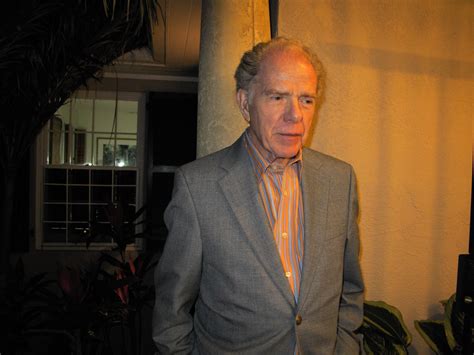A Quote by Akhil Sharma
It is hard to create a first-person narrator that can be a child and yet is able to take in enough information for the narrative to be legible to the reader.
Related Quotes
The first rule is you have to create a reality that makes the reader want to come back and see what happens next. The way I tried to do it, I'd create characters that the reader could instantly recognize, and hopefully bond with, and put them through situations that keep the reader on the edge of their seat.
Early on, I settled on the first-person strategy as a way to deal with exposition and world-description issues. As long as the book is, it could have been far longer had I gone with an omniscient third-person narrator, or multiple point-of-view characters, since either of those would have enabled me to impart much more detailed information about the history and geography of the world.
Almost all of the stories in The Matchmaker, the Apprentice, and the Football Fan are told in the first person, yet, depending on the angle and distance of the narrator, they exert different effects. The best are those in which the speaker never poses as an objective outsider. (...) Other stories are damaged by the urge to distance the narrator.
Many writers struggle with exposition in their novels. Often they heap it on in large chunks of straight narrative. Back story – what happens before the novel opens – is especially troublesome. How can we give the essentials and avoid a mere information drop?
Use dialogue. First, create a tension-filled scene, usually between two characters. Get them arguing, confronting each other. Then you can have the information appear in the natural course of things.
I first read 'Lolita' when I was 16, which I think is a little bit young. But it was a thrilling and disturbing read because it was the first time I really sensed that you could have an unreliable narrator, that you didn't have to sort of tell the truth in a narrative, that there could be something deeper and richer and more complicated going on.


































